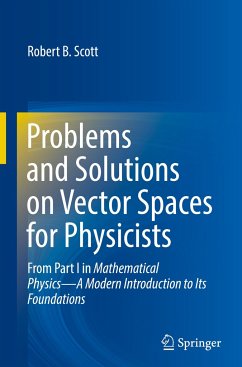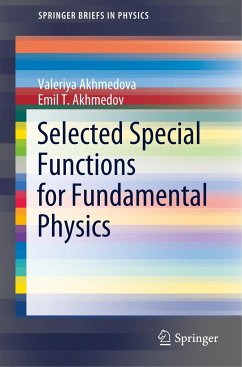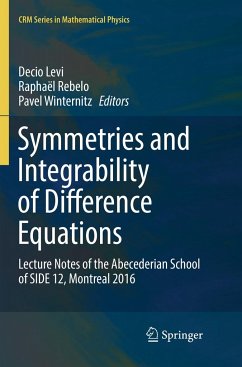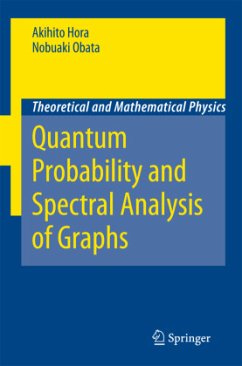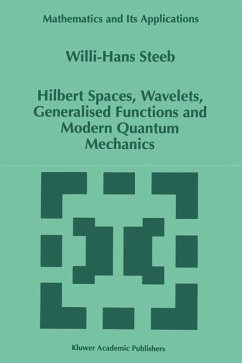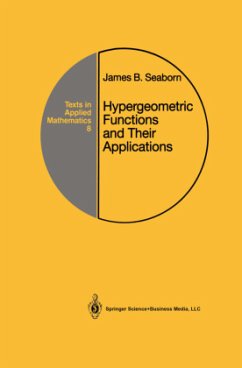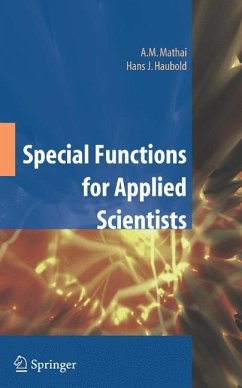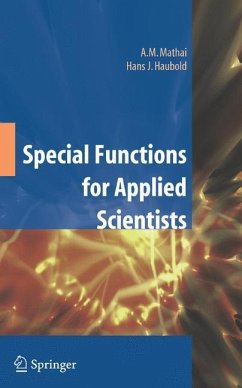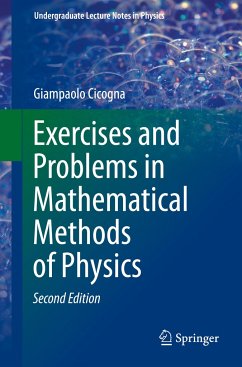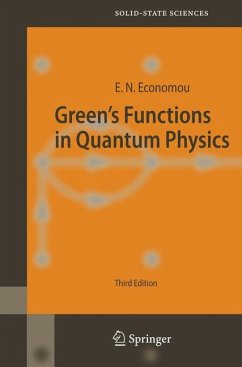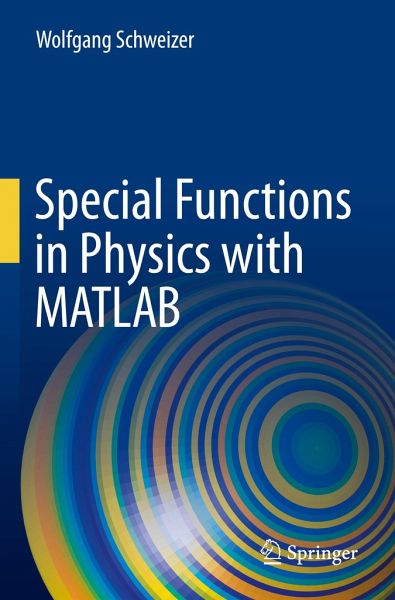
Special Functions in Physics with MATLAB

PAYBACK Punkte
49 °P sammeln!
This handbook focuses on special functions in physics in the real and complex domain. It covers more than 170 different functions with additional numerical hints for efficient computation, which are useful to anyone who needs to program with other programming languages as well. The book comes with MATLAB-based programs for each of these functions and a detailed html-based documentation. Some of the explained functions are: Gamma and Beta functions; Legendre functions, which are linked to quantum mechanics and electrodynamics; Bessel functions; hypergeometric functions, which play an important ...
This handbook focuses on special functions in physics in the real and complex domain. It covers more than 170 different functions with additional numerical hints for efficient computation, which are useful to anyone who needs to program with other programming languages as well. The book comes with MATLAB-based programs for each of these functions and a detailed html-based documentation. Some of the explained functions are: Gamma and Beta functions; Legendre functions, which are linked to quantum mechanics and electrodynamics; Bessel functions; hypergeometric functions, which play an important role in mathematical physics; orthogonal polynomials, which are largely used in computational physics; and Riemann zeta functions, which play an important role, e.g., in quantum chaos or string theory. The book's primary audience are scientists, professionals working in research areas of industries, and advanced students in physics, applied mathematics, and engineering.



